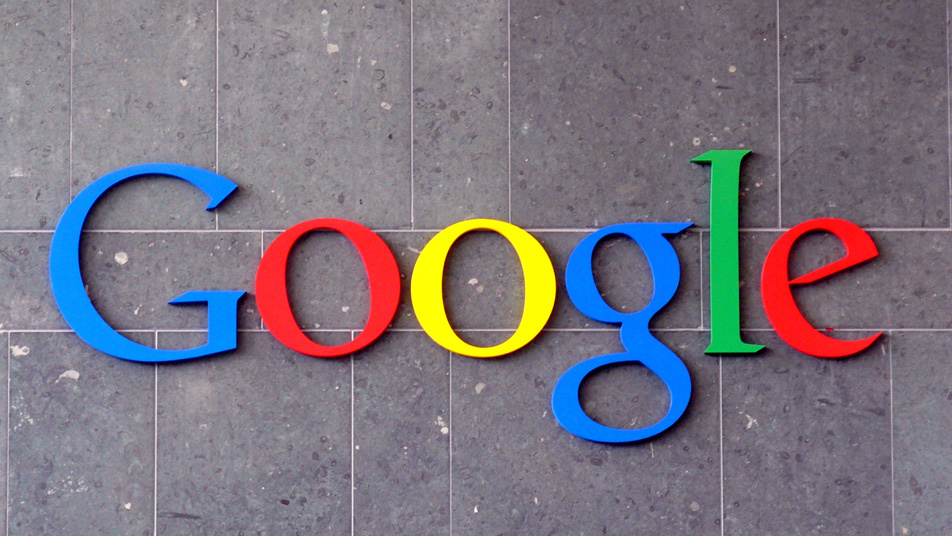Google’s new features
May 5, 2018 | Expert Insights

Google has taken steps to address issues such as influence campaigns and foreign influence in domestic elections. It has instituted a number of rules on the purchase of election advertisements.
Background
Alphabet Inc. is an American multinational conglomerate headquartered in Mountain View, California. It was founded in 1998 by Larry Page and Sergey Brin. It was created through a corporate restructuring of Google in October 2015 and became Google’s parent company and several former Google subsidiaries. The two founders of Google assumed executive roles in Alphabet, with Larry Page serving as CEO and Sergey Brin as President.
Alphabet's portfolio includes several industries, such as technology, life sciences, investment capital, and research. Some of its subsidiaries include Google, Calico, Chronicle, GV, CapitalG, Verily, Waymo, X, and Google Fiber. Following the restructuring, Page became CEO of Alphabet and Sundar Pichai took his position as CEO of Google. Shares of Google's stock have been converted into Alphabet stock, which trade under Google's former ticker symbols of "GOOG" and "GOOGL".
Fake news
An accurate description of ‘fake news’ refers to news stories that intentionally spread misinformation or false facts. In recent years, the growth of social media has enabled the spread of misinformation. Misinformation has the potential to cause social unrest and increase sectarian tensions. In some instances, such as the UK EU referendum, and the 2016 US Presidential elections, influence and misinformation campaigns are thought to have had a significant impact on the outcome of the vote. During the run-up to the election, major news providers, such as BBC, noted the prevalence of fake headlines such as “Hillary Clinton sold weapons to ISIS” and “Pope Francis endorsed Donald Trump for President.”
In 2017, Google announced that its advertising tools will soon be closed to websites that promote fake news. The decision came during a period of introspection by tech giants which came under fire for not taking necessary steps to prevent fake news from proliferating across the web during the 2016 US election. It is thought that, given the viral aspects of fake news, social networks and search engines were gamed by partisan bad actors intending to influence the outcome of the race.
Analysis
Google has rolled out a series of new policies to combat the spread of misinformation or “fake news” through its platform. The company has stated that this is in a bid to ensure political advertising is more “transparent” moving forward.
In a blogpost, Senior Vice President Kent Walker noted, “As a first step, we’ll now require additional verification for anyone who wants to purchase an election ad on Google in the U.S. and require that advertisers confirm they are a U.S. citizen or lawful permanent resident, as required by law. That means advertisers will have to provide a government-issued ID and other key information. To help people better understand who is paying for an election ad, we’re also requiring that ads incorporate a clear disclosure of who is paying for it.”
The company will be introducing more features in the near future. Among them will be the publication of a “Transparency Report” that will focus solely on election ads. The report will contain relevant information regarding buyers of election-related ads on Google platforms. Google is also building a searchable library for election ads. Through this library, anyone will be able to access information on election ads purchased on Google and who paid for them. Both Facebook and Twitter are reportedly working on similar measures to increase advertisement transparency.
These new policies are in line with proposed US legislation such as the Honest Ads Act. The Honest Ads Act is a proposal to regulate online political advertising. It would expand existing election law on television and radio outlets to paid online advertisements. It would also require digital platforms with 50 million monthly views or more to maintain a public file of advertisements purchased by anyone spending over $500. However, Google did not declare support for the Honest Ads Act.
Counterpoint
Some studies have noted that while foreign-funded advertisements were prevalent during election time, these factors may have had a limited effect on shaping discourse. They may not have played a major role in the outcome of the polls. There may have been numerous other social and political factors that also played a hand in the spread of misinformation and propaganda.
Assessment
Our assessment is that such legislation could help address the issue of foreign influence in domestic elections. As stated previously, we believe that in the current global climate, transparency is becoming increasingly important. We believe that putting information about political advertising and funding in the public domain could give users agency over their decisions. However, a number of issues remain. Micro-targeting advertisements that attempt to manipulate human behavior may be detrimental to democracy.








Comments